Welcome, gearheads and casual drivers alike! We’re revving up an exciting face-off between two titans in the world of automotive brake systems: Bosch and Dynamic Friction.
We’ll delve into their performance, quality, pricing, and weigh the pros and cons to crown the ultimate victor.
Buckle up; it’s time to find your brake system’s perfect match!
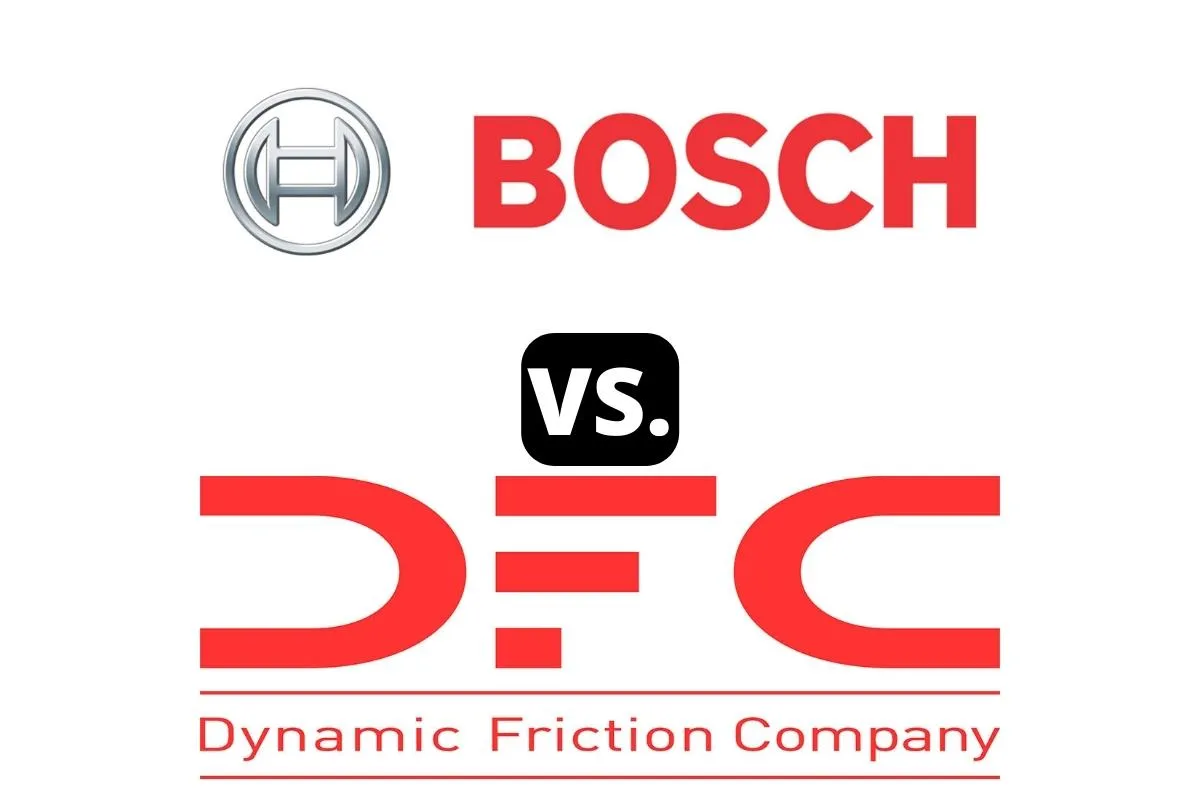
Bosch vs Dynamic Friction – Brand Comparison Table
| Bosch | Dynamic Friction | |
| Country of Origin | Germany | United States |
| Year Founded | 1886 | 2015 |
| Made In | Germany, Czech Republic, China, Mexico | mostly in United States |
| Founder | Robert Bosch | Dino Crescentini |
| Parent | Robert Bosch Stiftung (92%), Bosch Family (8%) | Stand-alone |
| Overall Quality | good quality, safe and reliable pick | one of the best quality pads on the market – their 5000 Series |
Bosch QuietCast vs Dynamic Friction Zinc Coated Drilled and Slotted Brake Rotors Comparison
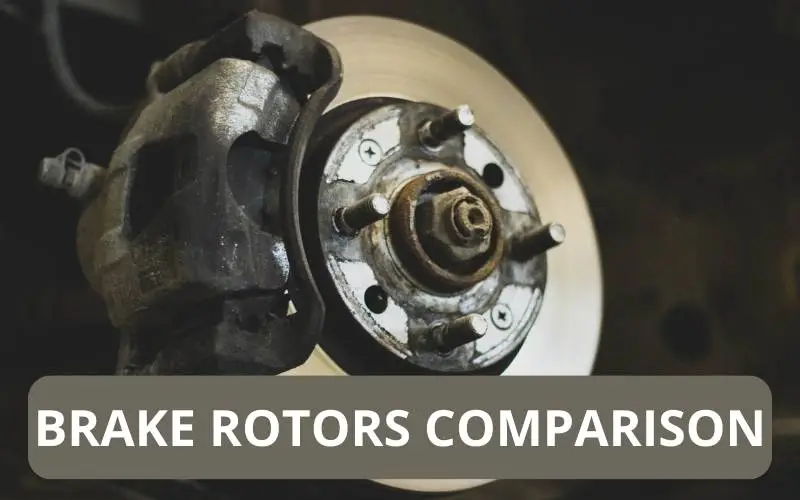
In this section, I’m going to compare the most popular Series – QuietCast and Zinc Coated Drilled and Slotted from both brands by various product specs & features, prices, warranty, durability, performance, stopping power and noise levels.
Here is a detailed comparison table showcasing what each brand has to offer:
| Bosch | Dynamic Friction | |
| Series | QuietCast | Zinc Coated Drilled and Slotted |
| Material | Zinc and aluminum | Cast Iron |
| Coating | Aluminum-zinc coating | Zinc coated |
| Type | Vented | Vented |
| Durability | Heat-flowed castings for silent operation and long product life | Superior durability thanks to the premium G3000/G11H18 iron castings |
| Performance | Reduces unwanted vibrations and noise | Improved brake grip and increased stopping power |
| Price | $28.00 – $269.00 | $36.00 – $1292.00 |
| Warranty | covers defects in material and workmanship for 12 Months | 12 months/12,000 Miles Limited Warranty |
| Stopping Power Rating (More Stars = More Stopping Power) | ⭐⭐⭐ | ⭐⭐⭐⭐ |
| Noise Levels Rating (Fewer Stars = Less Noise) | ⭐ | ⭐ |
| Performance Over Stock Rating (More Stars = More Performance) | ⭐ | ⭐ |
Bosch QuietCast Premium vs Dynamic Friction 3000 Semi-Metallic Brake Pads Comparison
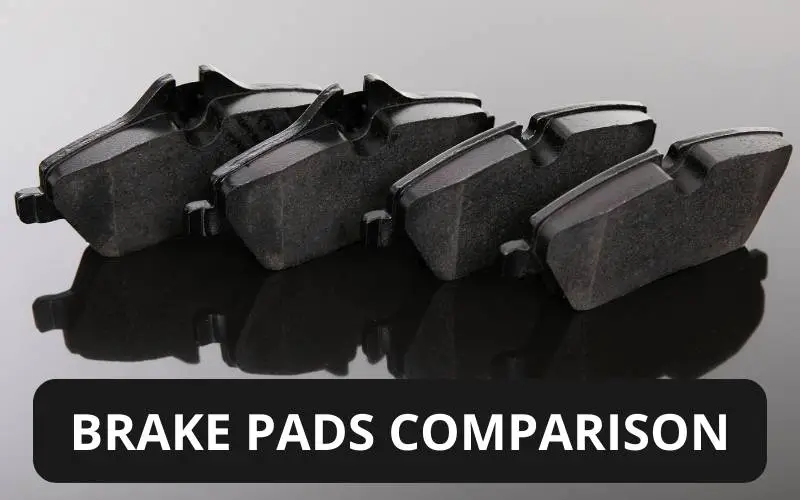
In the following section, I’m going to compare the most renowned Brake Pads series from both brands by various product specs & features, prices, warranty, performance, stopping power, brake dust accumulation and noise levels.
Here is a detailed comparison table showcasing what each brand has to offer:
| Bosch | Dynamic Friction | |
| Series | QuietCast Premium | 3000 Semi-Metallic |
| Material | Ceramic | Semi-Metallic |
| Performance | Bosch QuietCast Premium Brake Pads represent a significant advancement in aftermarket brake pad technology. Utilizing industry-leading preattached rubber core shims and Molded Shim Technology, QuietCast ensures exceptionally quiet operation, meeting the expectations of both mechanics and customers. | The Dynamic Friction 3000 Semi-Metallic Brake Pads are meticulously designed to offer optimal braking power and consistent friction performance across a broad temperature range. These pads serve as the perfect replacement solution for your passenger or light-duty truck. |
| Price | $20.72 – $105.04 | $18.00 – $94.00 |
| Warranty | covers defects in materials or workmanship for a period of 12 months | covers defects in material and workmanship for 12 months/12,000 Miles |
| Dust Levels Rating (Fewer Stars = Less Dust) | ⭐⭐ | ⭐⭐⭐ |
| Stopping Power Rating (More Stars = More Stopping Power) | ⭐⭐⭐⭐ | ⭐⭐⭐⭐⭐ |
| Noise Levels Rating (Fewer Stars = Less Noise) | ⭐ | ⭐ |
| Performance Over Stock Rating (More Stars = More Performance) | ⭐ | ⭐⭐ |
Differences
1. Overall Performance and Quality
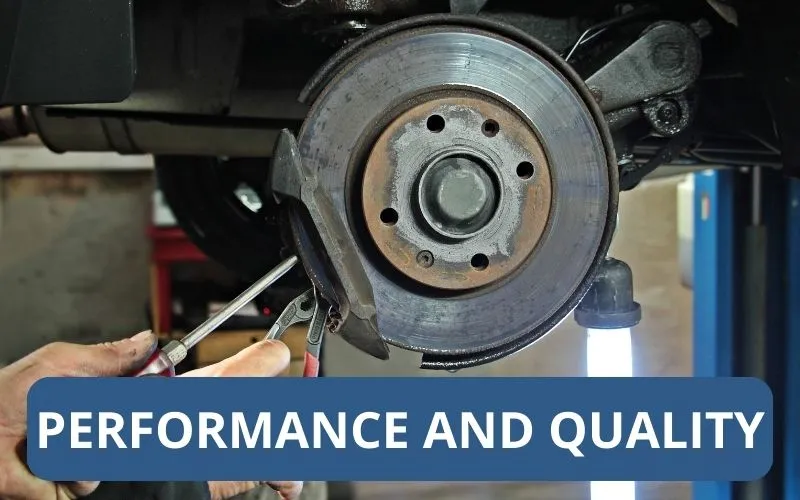
Comparing Bosch and Dynamic Friction, we find several similarities and differences.
Bosch:
- Some users report issues with Bosch brake pads and rotors failing within a few years, but others highly recommend them.
- Customers appreciate the perfect fit, excellent OEM quality, quiet operation, low brake dust, and superior stopping power of Bosch brake pads.
- While one user found Bosch pads noisy, it is generally considered a safe and reliable brand.
Dynamic Friction:
- Users find Dynamic Friction brake pads to perform well, being noiseless, producing little brake dust, and offering similar braking quality to stock.
- DFC Geospec rotors receive positive feedback, with users recommending them if price is competitive.
- Some users have switched back to DFC’s after trying other brands, indicating the superior quality of Dynamic Friction products.
- The DFC 1000 brake pads are praised for being suitable for daily driving and track day use, though they are reported to produce a significant amount of dust.
In conclusion, both Bosch and Dynamic Friction offer quality products that are well-regarded by many users. Bosch is praised for its low-dust, quiet operation, while Dynamic Friction is known for its high performance. However, both brands have been noted for potential downsides, such as early failure or excessive dust production.
2. Rotors and Brake Pads Prices
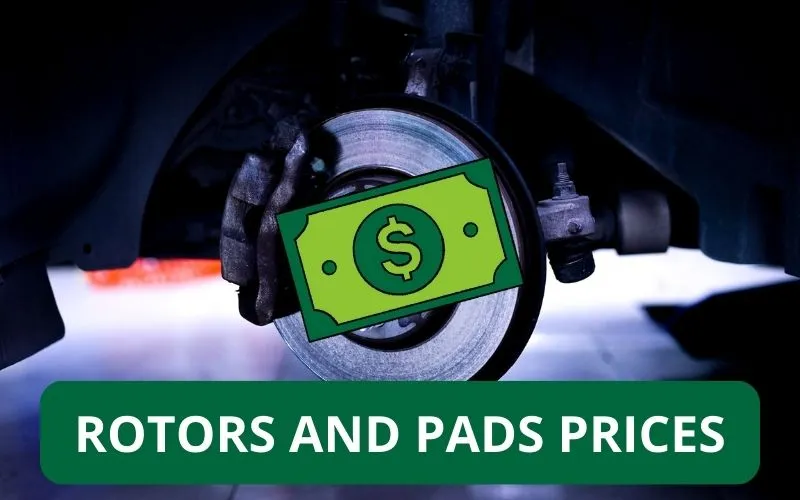
I’ve gathered some interesting information regarding the brake rotor prices for both brands. You can take a look at them in the table below:
| Bosch Rotors Prices⁽¹⁾ | Dynamic Friction Rotors Prices⁽²⁾ | |
| Lowest Priced Rotors | Bosch QuietCast Premium Brake Rotor goes from $26.35 | DFC Premium Plain Disc Brake Rotor goes from $12.08 |
| Most Expensive Rotors | Bosch QuietCast™ Premium Front Brake Rotor goes for $328.67 | DFC Hi-Carbon Alloy GEOMET Drilled and Slotted Front Brake Rotor goes for $1,109.42 |
Alternatively, you can see the brake pads prices for Bosch and Dynamic Friction below:
| Bosch Brake Pads Prices⁽¹⁾ | Dynamic Friction Brake Pads Prices⁽²⁾ | |
| Lowest Priced Pads | Bosch Blue Semi-Metallic Rear Disc Brake Pads go from $11.35 | DFC 3000 Semi-Metallic Rear Disc Brake Pads go from $11.85 |
| Most Expensive Pads | Bosch EuroLine Semi-Metallic Front Disc Brake Pads go for $215.32 | DFC Track/Street Low Metallic Front Brake Pads go for $182.23 |
3. Pros and Cons
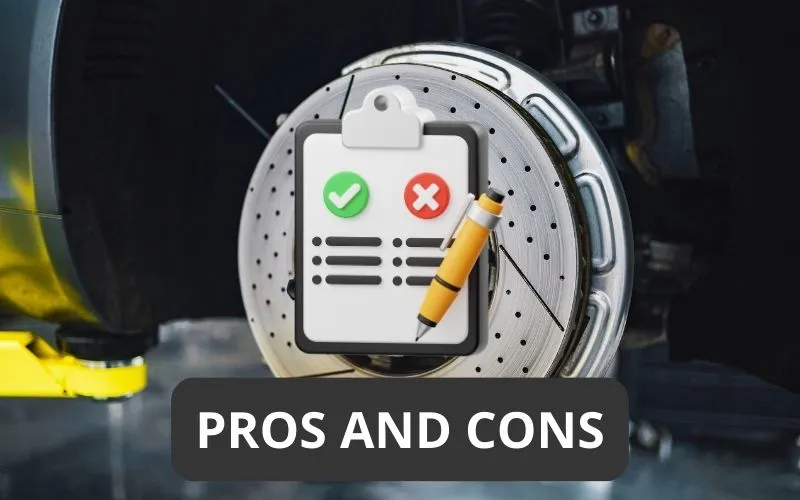
In this section, I’ve tried to showcase the most noticeable advantages and disadvantages for these two experts in brakes.
Bosch
| Pros | Cons |
| ✔ Cost-effective | ❌ Some users have reported negative experiences with their brakes |
| ✔ Eco-Friendly | |
| ✔ Availability |
Dynamic Friction
| Pros | Cons |
| ✔ OE quality brake products | ❌ The usual excesive amount of brake dust from most of their pads |
| ✔ Wide range of products | |
| ✔ Great for track use |
Which Is the Better Brand Overall?
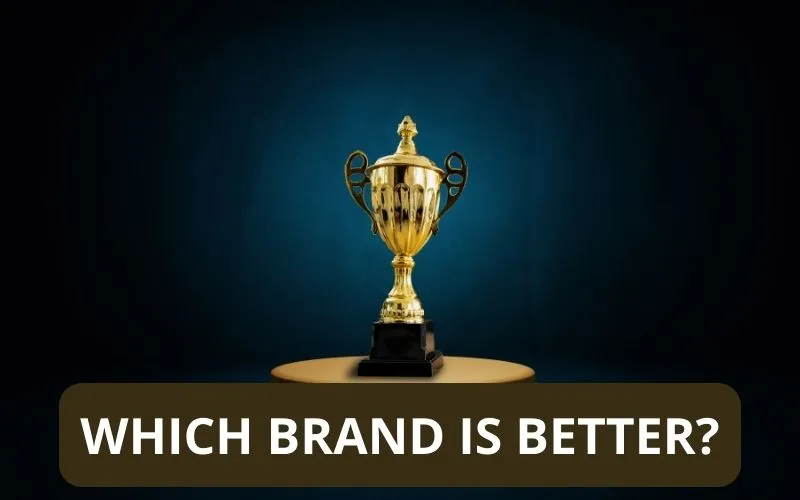
While both Bosch and Dynamic Friction have their strengths and weaknesses, overall, I’d lean towards Bosch.
Despite some negative experiences, the majority of users praise Bosch’s quiet operation, low dust, and excellent stopping power.
Dynamic Friction performs admirably, especially for track use, but the excessive brake dust mentioned by several users makes Bosch the better overall pick.